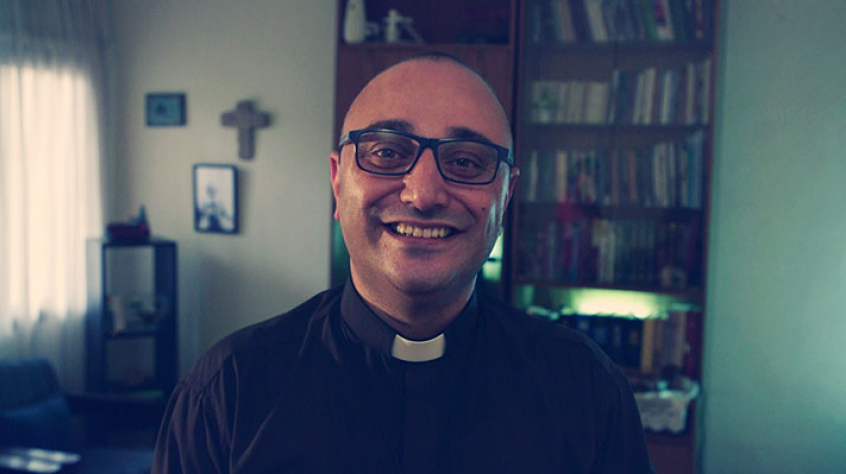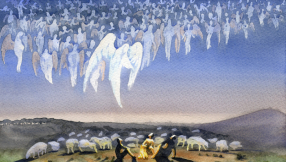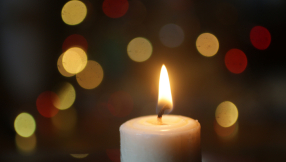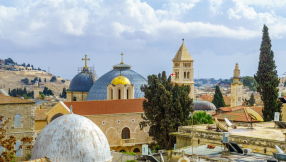
A pastor who has stayed in the Syrian city of Aleppo through years of conflict is hopeful for the future despite all the devastation.
The pastor, named only as Abdalla by Open Doors UK, has been leading a reconciliation ministry in Aleppo and says he can see signs of life coming back to the city.
'We are beginning to rebuild everything. Even though the damage is big and huge, it is obvious to everyone there that life and reconciliation is coming back to Aleppo,' he said.
As rebels and supporters of the regime continue to fight each other, he said the church had a special role to play in bringing all sides back together.
'Real reconciliation is in the relationship,' he said.
'There are different parts of society and they all have unstable relationships with each other. So the church has the role to make these relationships stable. To bring all parties together.
'The church's role is to make the conversation between them and make them have a good relationship. When you solve the relationship you have a stable society and that's what we are doing.'
His church has helped thousands of families with practical assistance over the years, something that is especially needed now in the middle of the cold winter.
Open Doors UK is working with the church and other partners to provide aid, including food and medicine, to around 12,000 families in Syria each month.
The war caused thousands of people to flee the country; those who have stayed are mostly the elderly, says Open Doors UK. Those still in Syria have few options in the face of a devastated economy, sky-high prices and inflation.
Pastor Abdalla said, 'The need still exists. Some organisations have reduced the amount that they give. But the need is still there and we don't know how we can meet the need in the days to come.
'The number of families we help as a church is so big and the need is so big. A lady came to me and said that other organisations had stopped helping her. She begged me, "Please don't stop helping us." We need to help these people.'
In addition to receiving aid, Pastor Abdalla said it was important in the long term to find ways for people to get back into work again so that they could eventually become independent and regain their dignity.
'We need to find people a job. Some people think that relief should be taken away and people should be helped to find jobs instead. But I think that both aims should go together for at least one year,' he said.













